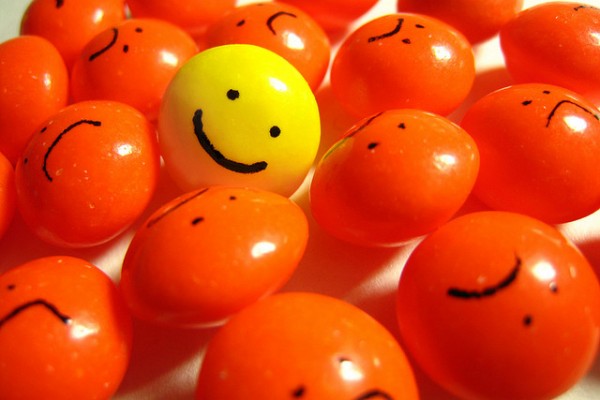In the past few years, Canadian youth have been at the forefront of efforts to change society’s ideas about mental health. In Toronto an entirely youth-led conference called The Jack Summit is entering its third yearwith an immense amount of interest. Hundreds of students from every province and territory gather to brainstorm ideas and initiatives aimed at improving the way we see and talk about mental health. Chapters of the non-profit that started this summit, Jack.org, have sprouted up at over 20 Canadian universities and colleges from coast to coast, including the one here at McGill –one of the very first to be created.
However, despite all of these positive changes many have asked the question “when are the universities going to step up?” The burden of mental illness on post-secondary students is very high, especially at schools such as McGill where the academic pressures on students can be immense. For years, debilitating depression and anxiety that is so common here has not only been stigmatized, but also brushed under the rug by universities. McGill’s mental health services, while available, have long been plagued by too few staff with too little time. Even knowledge about the available options is limited due to little information being advertised. The good news is that it all seems to be starting to change with steps forward finally being taken.
Just a few short weeks ago I had the privilege of attending the announcement of a 500 million dollar gift from Bell Canada to McGill intended for the development of the new mental health website called the Wellness Portal. The Wellness Portal will include features such as what services are available on campus, tips on how to help friends and loved ones who may be struggling, and relevant groups at McGill. One of the most important tools to be developed however is the “Self-Screening Tool”. By providing a way for students to provide a self-assessment of the type and severity of their concerns, the goal is to bypass the triage process that would normally take place at Intake Services and often contributes to the delay in access to a therapist or counsellor. The development of the website content and tools was undertaken over the past summer with significant input from both graduate and undergraduate students – a critically important decision. Attending to the needs of students by actually involving students in the process is just one of the many things contributing that has the potential to create a mentally healthier McGill. It seems this change is beginning to get noticed as well, as Laura Herbert, president of the McGill Students’ Chapter of Jack.org mentioned “one of the biggest problems at McGill in recent years has been a lack of mental health resources for students. But, there are definitely steps being taken in a positive direction – there are groups like ours on campus making an effort to raise awareness, and advocate and provide more resources for students…”
But perhaps the most thrilling thing to see as a student passionately involved in the mental health field is the brand-new (and long overdue) Mental Health Awareness Week. Put on by Student Services, SSMU and Student Housing and Hospitality, it is a week that aims to not only open peoples’ eyes to the realities of mental illness and overall mental health, but also to promote de-stigmatization and available community services. In the residences, the new component of Rez Project entitled “Invisible Medicines” will be featured, providing education on mental illnesses and information on self-care in a way that aims to be particularly relevant to the university setting. In addition, McGill is also working to help the student-run mental health advocacy group the McGill Students’ Chapter of Jack.org by including their initiatives in the week, which include a self-compassion workshop and an educational speaker series instalment on psychosis. By working hand-in-hand with a group backed by national non-profit Jack.org, the messages about the importance of mental health have the chance to spread even farther. Other student initiatives such as the Students in Mind conference held last month and the new service that began last year, the Peer Support Network, are gaining traction as well providing both information and valuable support. Across campus, among student groups and within McGill itself, change is all around us. While it may seem easy at times to complain about the plethora of problems our institution has, sometimes it is nice to step back and see where it is changing positively as well. By integrating both McGill staff and McGill students, the attitudes on mental health and the options available for students are evolving, and that is something we should all embrace and celebrate.
- Logan Peaker
Mental Health Awareness Week at McGill is running from November 7th-16th, including a variety of workshops, speaking events and self-care activities. For more information as well as a list of resources both on campus and in the Montreal area, be sure to check out http://www.mhweek.ca. Applications for the Jack Summit mentioned at the beginning of this article will be open until November 17th at www.jack.org/summit.
feature image: https://www.flickr.com/photos/31878512@N06/4941767047/in/photostream/









